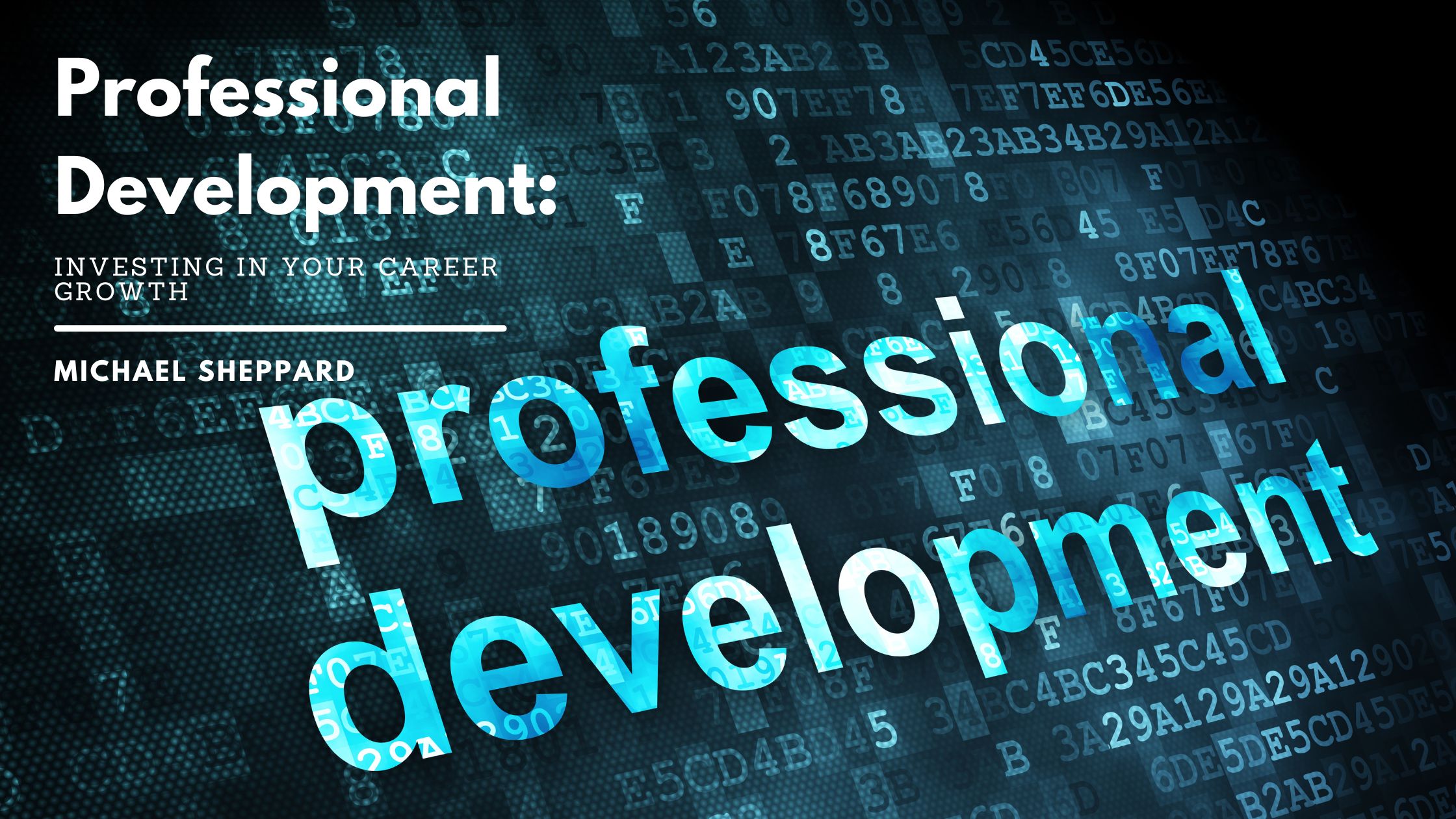In today’s dynamic and competitive professional landscape, investing in your career growth is not just an option; it’s a necessity. Professional development is an ongoing process that empowers individuals to enhance their skills, knowledge, and expertise to stay relevant, advance in their careers, and achieve their long-term goals.
This article explores the significance of professional development and how individuals can invest in their career growth.
The Importance of Professional Development
Adaptability and Relevance: The business world is constantly evolving. New technologies, methodologies, and industry trends emerge regularly. Individuals can adapt to these changes by engaging in professional development, ensuring they remain relevant in their field.
Skill Enhancement: Professional development provides opportunities to enhance existing skills and acquire new ones. Continuous skill improvement is essential for career growth and competitiveness.
Career Advancement: Investing in professional development can lead to better career opportunities and promotions. Employers often favor individuals who are committed to improving their skills and knowledge.
Increased Job Satisfaction: Learning and growth contribute to job satisfaction. When individuals continually develop their skills and take on new challenges, they are more likely to find fulfillment in their work.
Personal Growth: Professional development is not just about skills; it also fosters personal growth. It builds confidence, resilience, and a growth mindset.
Ways to Invest in Professional Development
Formal Education: Pursuing higher degrees, certifications, or specific courses at universities, colleges, or online learning platforms can provide valuable knowledge and credentials.
Conferences and Workshops: Attending industry-specific conferences and workshops exposes professionals to the latest trends and best practices while facilitating networking.
Online Learning: Platforms like Coursera, edX, and LinkedIn Learning offer various online courses, allowing individuals to learn at their own pace and convenience.
Soft Skills Development: Besides technical skills, soft skills such as communication, leadership, and emotional intelligence are crucial. Consider taking courses or seeking feedback to enhance these skills.
Networking and Professional Events: Attending industry-related events and networking with peers can expose you to new ideas and perspectives and potentially lead to collaborations or job opportunities.
Internal Career Development Programs: Many companies offer employees internal career development programs and resources. Be sure to explore what your organization provides.
Creating a Professional Development Plan
To maximize the benefits of professional development, consider creating a personalized plan:
Assess Your Current Skills: Understand your strengths and weaknesses to determine where you need improvement.
Identify Relevant Opportunities: Research the various development options available within and outside your organization.
Budget Your Time and Resources: Determine how much time and money you can allocate to professional development.
Seek Feedback: Ask for input from mentors, supervisors, or colleagues to help refine your plan.
Commit to Continuous Learning: Make professional development a habit. Consistency is key to growth.
Investing in your career growth through professional development is a wise and rewarding endeavor. It benefits your current job and positions you for future success. Whether through formal education, on-the-job training, or self-paced learning, continuous development is the key to staying relevant, advancing your career, and achieving your professional aspirations.

